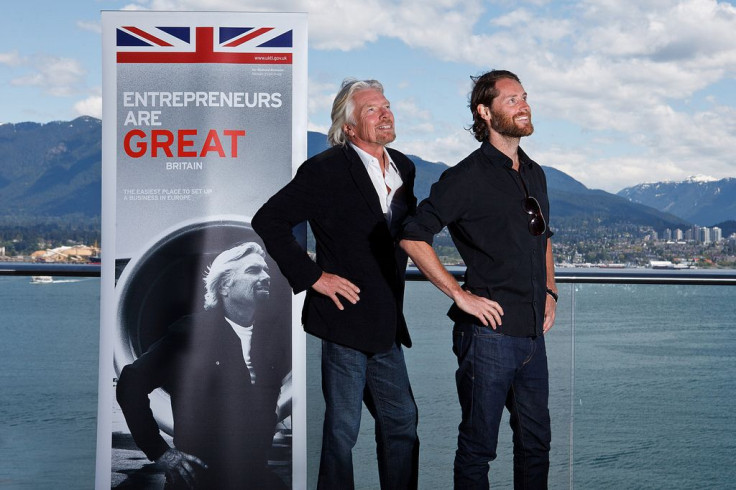Entrepreneurs In Silicon Valley Startups Never Lose; Maybe Think About Launching Your Own Business Venture

In spite of the perceived risk when it comes to branching out and starting a business, Silicon Valley is continually inundated with new startups looking to carve out their place in the competitive, high-tech corporate world. A few possible reasons for this fearlessness may be the bump in salary entrepreneurs earn, and plentiful future job prospects.
A recent study conducted by researcher from the University of California, Berkeley has found that entrepreneurs ended up earning significantly more than their less ambitious counterparts, even after they have returned to a job for salary.
"The study suggests that becoming an entrepreneur is a rational decision and failing isn't as bad as one would think," said Assoc. Prof. Gustavo Manso, from the Haas Finance Group at UC Berkeley's Haas School of Business, in a statement. "It doesn't hurt your lifetime prospects."
Manso and his colleagues set out to model entrepreneurship's return on investment, or ROI. They gathered data using the National Longitudinal Survey of Youth-1979 (NLSY79) which allowed them to access data on 12,686 young men and women who were between the ages of 14 and 22 at the start of the study in 1979. Each participant was asked to show up for annual interviews until 1994 and then every other year for the remainder of the study.
Results showed that around 52 percent of entrepreneurial business ventures ended up lasting less than two years. Clearly, entrepreneurs who were earning less during the time of their startup were more likely to abandon ship and return to the regular workforce compared to those who earned more as entrepreneurs than they would’ve taking the solo route. Overall, entrepreneurs earned around 10 percent more that the regular workforce and took fewer risks than initially thought.
"Would-be entrepreneurs may think they have a huge chance of failure and will be sacrificing earnings for the rest of their lives, but it's not true," added Manso. "Even if the business fails, entrepreneurs don't suffer as much since they are able to quickly transition to the salaried workforce."
No one is telling you to quit your job and hop on a one-way flight to the Bay Area. Evidence even shows that Silicon Valley “joiners” share the same personality traits as startup founders and could do well on their own. Any experimental business model should be well-thought-out, unique, budgeted (cost of operation), and so on. There are many factors at play when starting your own business, and the risks vary from person to person. But research does show that employees who work from home “go above and beyond” so a nice change of pace could be good for you.
Source: Manso G, et al. Experimentation and the Returns to Entrepreneurship. University of California, Berkeley Haas School of Business. 2016.



























